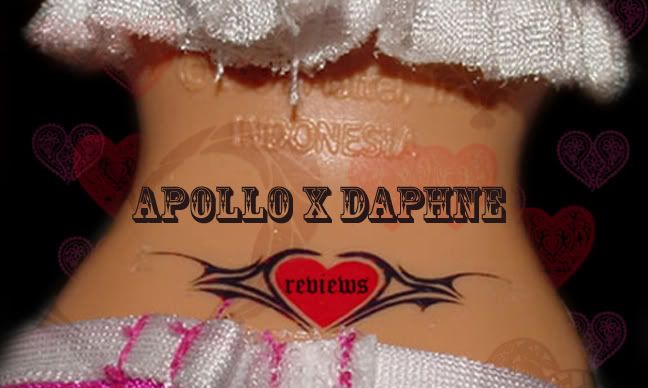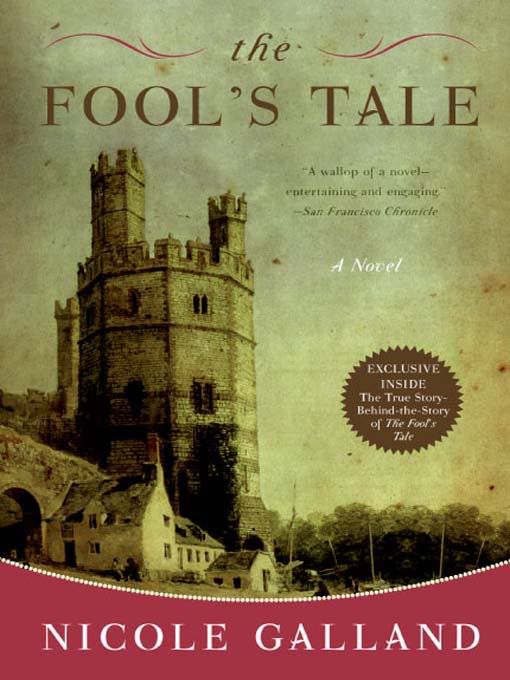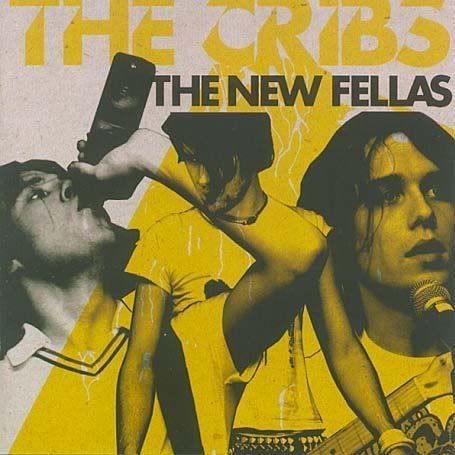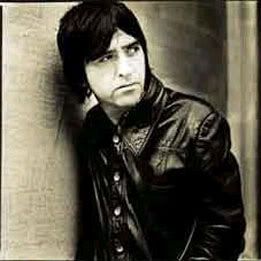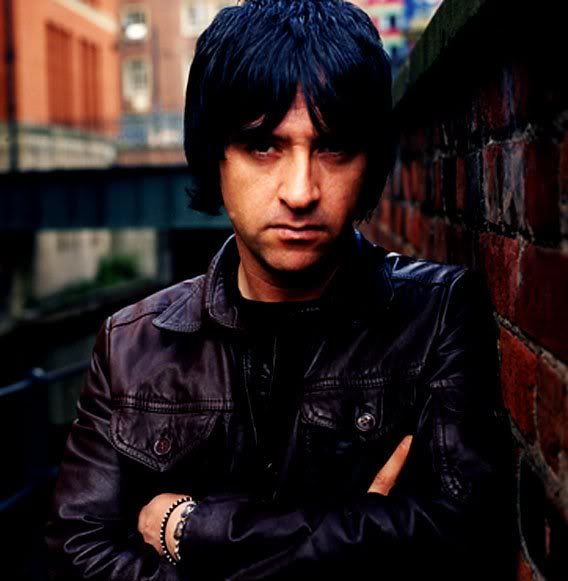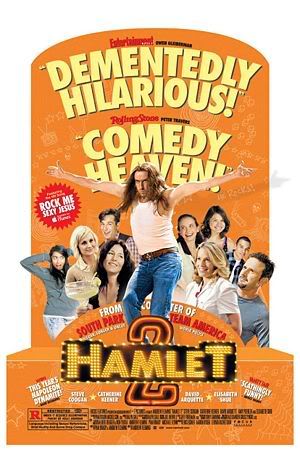
There's nothing out there at this moment that parallels the absolute ridiculousness of Hamlet 2 (except maybe Animal House, a landmark work of comedic genius). It's so over-the-top in such an understated way that many of the giggles come from being discomfited and stunned by the outrageously embarrassing, ludicrous, hammy, and offensive behavior of the main character, Dana Marschz, played by Steve Coogan.
Dana is a failed TV-commercial-actor-turned-drama-teacher in the city "where dreams go to die" of Tucson, Arizona. He only stages play adaptations of popular Hollywood movies, however, and he only has two students, the overtly gay Rand (Skylar Astin) who is in denial abous his sexuality, and the bright and bubbly Epiphany (Phoebe Strole) who "gets nervous around ethnics." When the school district cuts all electives but drama, all the "ethnics" Epiphany is so nervous about come to drama, and the movie goes in the typical direction of a teacher having to show love and compassion to "ghetto" kids to get them away from drugs/crime/pregnancy/etc.
And yet the movie itself is poking fun at movies like Freedom Writers and less esteemed movies of its ilk. Dana proves to be the worst teacher ever, cursing like a sailor at his class to make them listen to him and then demonstrating his blood-curdlingly awful acting skills. Epiphany's "understanding" of her "ethnic" classmates is so overdone that she begins to act like a poverty-ridden ghetto teenager, sprinkling words like "homie" and "vato" throughout her vocabulary in a hammed-up attempt at a Mexican accent, though she is clearly from a white upper-middle class family. In fact, many of the Mexican-American kids are not poor; when the star of the show Octavio declares that his parents have objections to the show, Dana marches off to have a poignant heart-to-heart with Octavio's (Joseph Julian Soria) ignorant, poor Mexican parents.
In an especially brilliant scene, Dana begins the conversation with, "You can't let your ethnic narrow-mindedness stop your son from thriving in our culture." Once you get over the shock and horror of this line, you can begin to appreciate what happens next.
Octavio's father then goes on to say in impeccable English that he has published nine novels and has a PhD in literature; Octavio's mother is a painter with an exhibit at the Guggenheim. Octavio has a 3.9 GPA and is going to Brown.
Dana then begs for help for his own work, especially the original play he has written and his drama class performing.
Oh, wait, did I not get to the play yet? It's a sequel to Hamlet, except it's really just Hamlet rewritten with a time machine so that Hamlet can go back in time to save Gertrude and Ophelia (with the help of, who else?, Jesus).
In fact, Dana's wife Brie (Catherine Keener) reads the opening lines for us in the first draft of his original work:
"'The time machine door opens revealing Hamlet, Gertrude, Palonius, and Hilary Clinton having what appears to be group sex,'" to which Dana responds,"That's about my troubled relationship with my father."
Trouble ensues, however, when the principal of the school reads the play and deems it too pornographic and offensive to perform. But luck is on Dana's side! Though his wife is leaving him for their pathologically boring (but fertile-which Dana is not) boarder, Gary (David Arquette), one of Dana's junkie students has a friend whose meth lab just burned down, and it turns out it's the perfect place to host the show.
Wirework is provided by a backyard start-up business, two guys who have no idea what they're doing and smash mute student Yolanda into a wall during the first trial. But by the time of the show, the wirework is good enough for Laertes and Hamlet's mid-air light saber battle to be a hit.
Meanwhile, Dana is becoming a local celebrity, and when people try to censor his work Ultimate Bitch-Lawyer Cricket Feldstein (Amy Poehler) comes to the rescue to take this civil liberties case to the national level.
The play starts with an introspective musical number, complete with blue lighting and pensive acting, entitled, "Raped in the Face." Laertes is featured in a number of scenes looking decidedly gay, first in a cowboy outfit and then as a 50's greaser during the "Rock Me Sexy Jesus" number.
If you're going to watch for anything, at least watch for the "Rock Me Sexy Jesus" musical highlight.
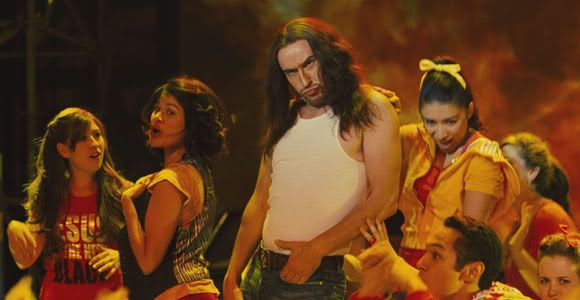
Meanwhile, there's rioting outside, and when Octavio points out that it's intermission, Dana replies, "We can't have intermission now, the Fire Department's trying to evacuate the building."
Eventually, Dana ends up a world-renowned director and his play goes on broadway with the original cast.
It's a delightfully horrifying film for all the right reasons-it appears to take itself seriously and the situations are presented so pragmatically by Dana that it takes you a moment to stop and think about the layers of satire and not-very-plausible things going on; and when you finally do realize the utter ridiculousness of it all, your mouth will be hanging in delicious shock all the way to the floor.
-elln
